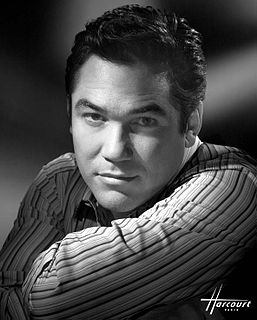A Quote by Tariq Ali
It is as difficult to define or classify Islamic cinema as it would be a Christian, Jewish or Buddhist one.
Related Quotes
One reason which I find particularly fascinating about Israel is this. There is no such thing as a Jewish civilization. There is a Jewish culture, a Jewish religion, but there is no such thing as a Jewish civilization. The Jews were a component basically of two civilizations. In the Western world, we talk about the Judeo-Christian tradition and you talk about the Judeo-Islamic tradition because there were large and important Jewish communities living in the lands of Islam.
When I speak in Christian terms or Buddhist terms I'm simply selecting for the moment a dialect. Christian words for me represent the comforting vocabulary of the place I came from hometown voices saying more than the language itself can convey about how welcome and safe I am what the expectations are and where to find food. Buddhist words come from another dialect from the people over the mountain. I've become pretty fluent in Buddhist it helps me to see my home country differently but it will never be speech I can feel completely at home in.
We have Islamic rebels [in Syria] who've been eating the hearts or organs of their enemies. We have priests that have been killed. We have Christian villages that have been razed by Islamic rebels. We have Islamic rebels who say they don't recognize Israel and would just as soon attack Israel as [Bashar] Assad. So really, I see no clear-cut American interest, and I'm afraid that sometimes things unravel, and the situation could become less stable and not more stable.







































